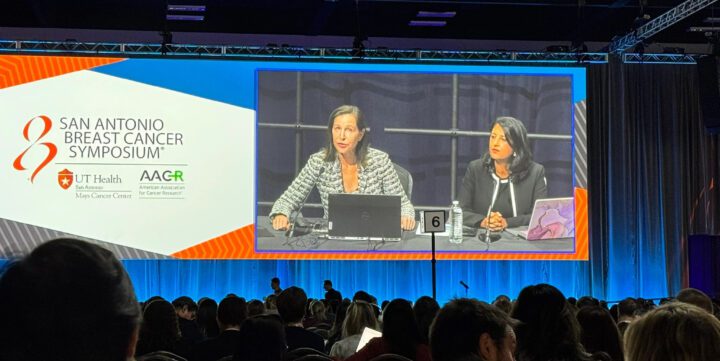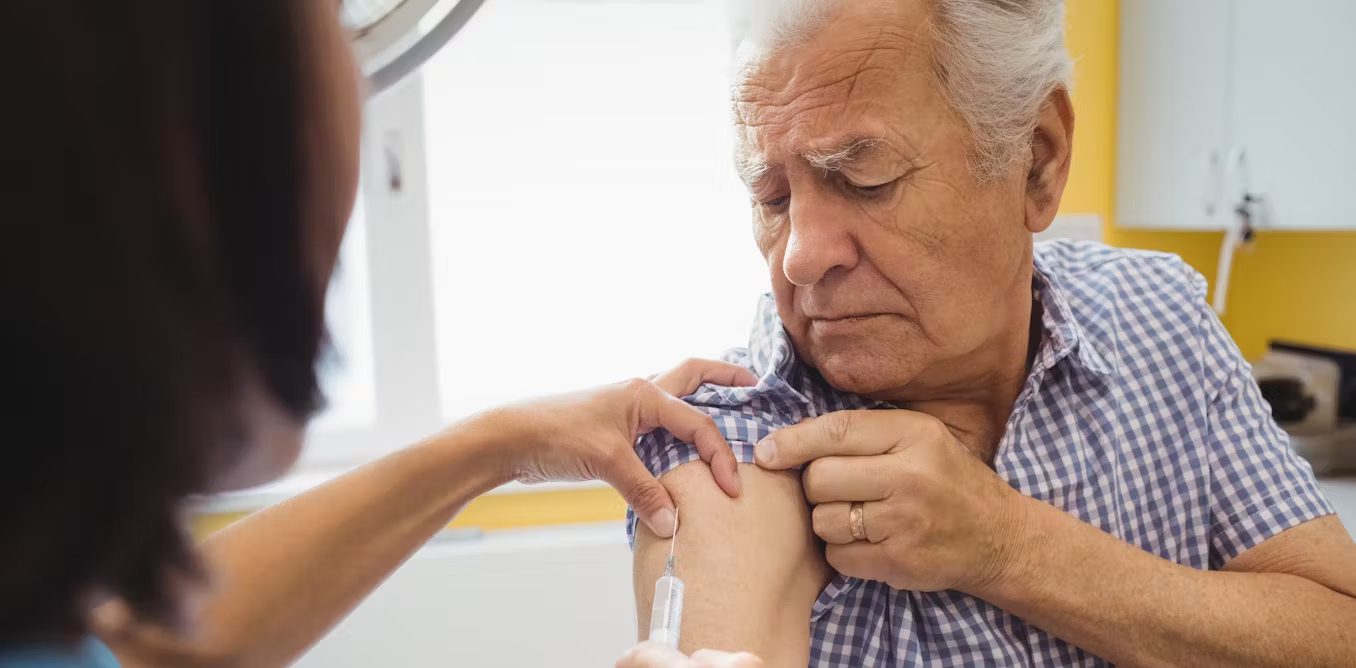Cancer and Primary Care – Beyond Surveillance
January 13, 2025
What is Post-Cancer Care?
Post-cancer care is a rapidly evolving field, requiring healthcare providers to address the ongoing needs of a growing population of cancer survivors. Thanks to treatment advancements, survival rates for common cancers like breast, prostate, and colorectal cancers have improved dramatically. However, this triumph of modern medicine brings with it a host of challenges. Survivors often face long-term physical side effects, emotional and psychological struggles, and social disruptions as they navigate life after cancer.
Post-cancer care in a primary care setting is an intricate, deeply personal aspect of medicine that extends far beyond routine check-ups. For many cancer survivors, the end of active treatment marks the beginning of a complex journey filled with uncertainty, hope, and a myriad of physical, emotional, and social challenges. Primary care providers are uniquely placed to walk alongside these patients, providing the holistic and ongoing support they need to rebuild their lives.
At its core, post-cancer care is about vigilance and balance. It begins with understanding the treatment journey each patient has undergone—be it surgery, chemotherapy, radiotherapy, or targeted therapies—and the potential side effects that may linger long after the final session. For instance, breast cancer survivors may grapple with lymphedema, hormonal changes, or cognitive issues colloquially referred to as “chemo brain.” Prostate cancer survivors might face urinary incontinence, sexual dysfunction, or mood changes. Colorectal cancer survivors could struggle with bowel issues, chronic fatigue, or neuropathy. Recognising and addressing these specific challenges requires a careful, individualised approach.
In practice, post-cancer care involves routine monitoring to detect recurrences or secondary cancers early. This might mean scheduling regular blood tests, imaging, or physical exams while remaining attuned to subtle symptoms that could indicate complications. But surveillance is just one piece of the puzzle. Equally critical is the management of chronic symptoms. For example, a GP may coordinate with physiotherapists to address mobility issues, refer patients to dietitians to support recovery through nutrition, or work with mental health professionals to tackle anxiety and depression.
Beyond managing physical symptoms, post-cancer care often delves into the psychosocial realm. Many survivors experience a profound sense of vulnerability, grappling with fear of recurrence or changes to their identity and relationships. Here, the GP serves as a trusted confidant, providing a safe space for patients to voice their concerns. This might mean initiating conversations about intimacy, guiding patients toward support groups, or simply listening when a patient needs to be heard.
For patients in rural or remote settings, post-cancer care comes with additional layers of complexity. GPs in these areas often act as the central hub for care, coordinating with distant specialists and leveraging telemedicine to bridge gaps in access. These practitioners are adept at creatively managing limited resources to deliver equitable care, ensuring their patients are not left behind.
What truly defines post-cancer care in a primary care setting is its focus on the individual. Every survivor’s experience is unique, shaped by their cancer type, treatment journey, and personal circumstances. For primary care providers, this means tailoring every aspect of care to the person sitting in front of them, respecting their goals and values, and working collaboratively to help them thrive.
The Limbic
The Limbic has established itself as a beacon of education and innovation in the medical community. Known for its commitment to bridging the gap between research and practice, The Limbic creates opportunities for healthcare professionals to gain cutting-edge insights from leading experts.
Their approach is rooted in practicality, ensuring that every learning experience translates into better care at the bedside or in the consulting room. For GPs and other primary care specialists, The Limbic’s courses represent a chance to stay ahead of the curve, enriching their practice and ultimately transforming patient outcomes.
CPD for the Primary Caregiver
The upcoming professional development course hosted by The Limbic is designed to tackle one of the most pressing needs in healthcare today: effective cancer survivorship care. This course offers an opportunity to delve deeply into the management of post-treatment issues, with a particular focus on breast, prostate, and colorectal cancers.
Participants will learn from a panel of distinguished experts, including Associate Professor Joel Rhee, General Practitioner and Head of Discipline of General Practice at the University of NSW; Dr. Jane Crowe, Specialist General Practitioner and Prostate Cancer GP at Deepdene Surgery and the Australian Prostate Centre in Melbourne; Associate Professor Tarik Sammour, Colorectal Surgical Oncologist at the Royal Adelaide Hospital; Dr. Belinda Yeo, Breast Cancer Medical Oncologist at Austin Health and Clinician Scientist at the Olivia Newton-John Cancer Research Institute; and Dr. Chris Hayward, General Practitioner and Senior Lecturer at the University of Sydney School of Rural Health in Orange, NSW.
These experts will share their wealth of experience on identifying treatment side effects, optimising quality of life, and implementing surveillance systems that promote effective care. The course also addresses the challenges of delivering equitable cancer care in regional, rural, and remote settings—an often-overlooked aspect of post-cancer care that demands thoughtful solutions.
The Importance of Individualised Care
The benefits of individualised, closely monitored post-cancer care cannot be overstated. For survivors, it can mean the difference between enduring debilitating side effects in silence and receiving timely, effective interventions. Many cancer survivors live with the uncertainty of recurrence, alongside persistent physical symptoms like fatigue, lymphedema, or gastrointestinal issues, and psychological burdens such as anxiety and depression.
GPs who understand how to navigate these complexities can significantly enhance both the clinical outcomes and the overall quality of life for their patients. Surveillance systems that catch early signs of recurrence or secondary complications are lifesaving, while a patient-centered approach that integrates psychosocial care can rebuild confidence and resilience in survivors. For practitioners in rural or remote areas, where access to specialised cancer care may be limited, equipping themselves with these skills is even more critical.
Sign-up Now
The course format is both accessible and time-efficient, offered online and designed to fit within a busy professional schedule. The investment is not just in your own professional growth but also in the lives of your patients. By dedicating just two hours to this training, you can make a profound impact on the care you provide.
Cancer survivorship is not an afterthought; it is the next frontier in comprehensive healthcare. This course is more than an educational opportunity—it is an invitation to step into a leadership role within your community and advocate for better care for cancer survivors. The complexities of post-cancer care demand a nuanced, informed, and compassionate approach, and this training is an invaluable tool for building that capability.
The challenges may be significant, but the rewards are greater. For every survivor who feels truly seen and supported, for every recurrence caught early, for every life made a little easier because a GP understood the path forward, the effort is worth it.
Register today— https://app.medcpd.com/courses/4518












